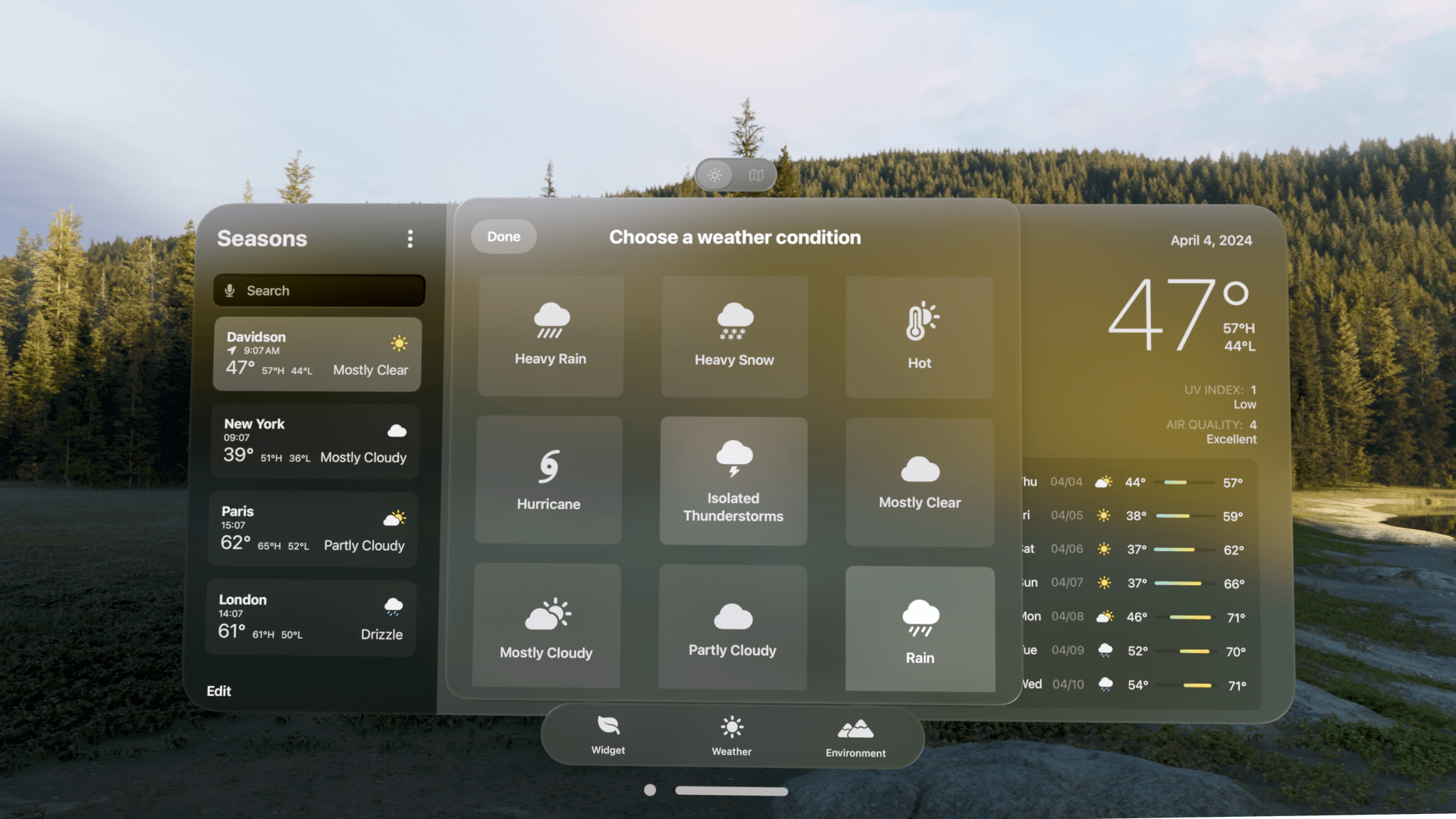Today, Apple announced that it is extending its repair program to make it easier for repair shops to work with used parts while also limiting the use of lost or stolen devices.
A complaint leveled at Apple by right to repair advocates is that its use of parts pairing limits the use of used parts by repair shops. With its announcement today, Apple says that it has developed a system that satisfies customer privacy, security, and safety while broadening the use of used parts:
The process of confirming whether or not a repair part is genuine and gathering information about the part — often referred to as “pairing” — is critical to preserving the privacy, security, and safety of iPhone. Apple teams have been hard at work over the last two years to enable the reuse of parts such as biometric sensors used for Face ID or Touch ID, and beginning this fall, calibration for genuine Apple parts, new or used, will happen on device after the part is installed. In addition, future iPhone releases will have support for used biometric sensors. And in order to simplify the repair process, customers and service providers will no longer need to provide a device’s serial number when ordering parts from the Self Service Repair Store for repairs not involving replacement of the logic board.
The iPhone’s Activation Lock and Lost Mode are being extended to used parts as a deterrent to thieves pulling apart iPhones for their parts. If a lost or stolen part is detected, Apple says its calibration capabilities will be restricted. Also, Apple says it will expand the Parts and Service History section of its Settings app to include information about whether parts used in an iPhone are new or used.







](https://cdn.macstories.net/banneras-1629219199428.png)



